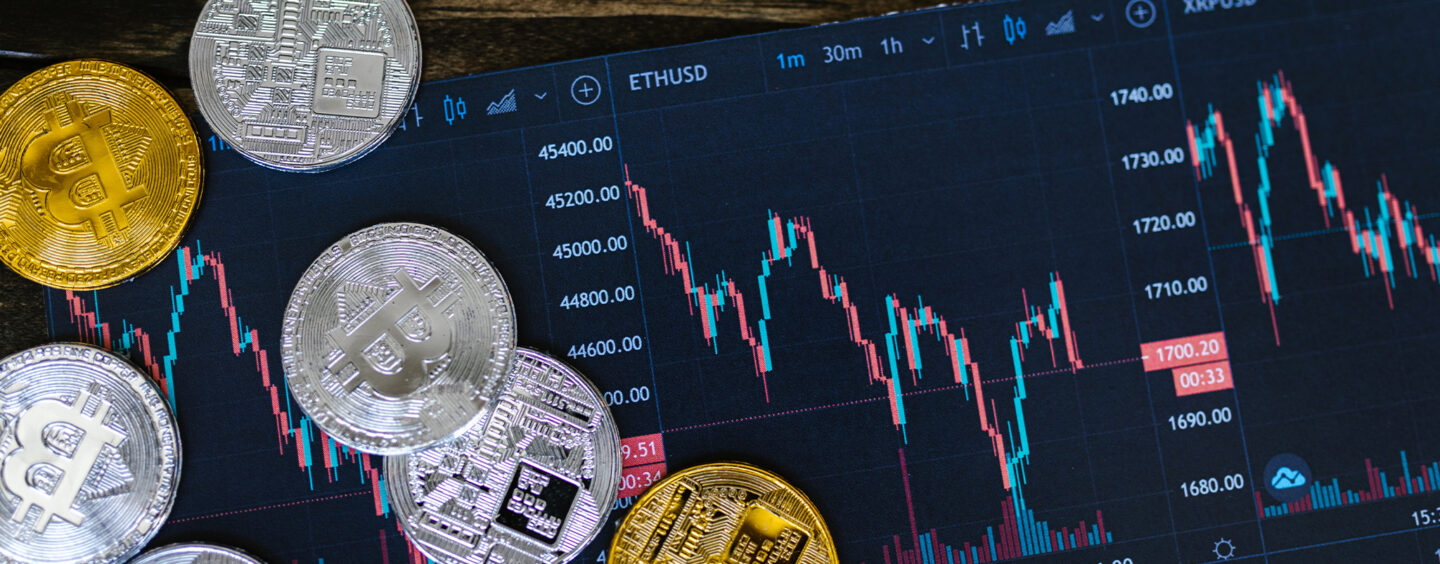
The Blocksize and Size of the Bitcoin Transaction Database
by Fintech News Singapore January 11, 2022In the past, before the emergence of the Internet, there were many efforts to define money. But, through time, money has become one of the most pervasive, complex, and controversial global forces in society. It defines and influences almost every transaction we make. It influences the value of our currencies and it is impossible to predict its long-term value.
There are many characteristics of a good payment system that are required to operate a good currency. The first characteristic is transparency. When you transfer money from one merchant’s computer to another, you should be able to see all of the information associated with the transfer in the form of an address, account, or receipt.
In the case of bitcoins, this is done through the bitcoin protocol which is essentially a peer-to Peer digital cash protocol that allows people to transact with each other online. The second feature required to have a successful currency is privacy. This is a major factor in any money transfer and is why the bitcoin protocol is used as the payment system. For more information, visit bitcoin bank app review. It is a bot based platform that is designed to help traders in forex and crypto trading. You can start things on it simply by registering a few details on it.

Photo by Ivan Babydov from Pexels
Fungibility
The third feature is fungibility. Unlike cash or checks, a digital currency never needs to be stored by a third party. The bitcoins are digital and are only recorded by the transfer process and no one else can make you pay to store them. This also ensures that no one can manipulate the supply of bitcoins since nobody can control the transfer process. These three features are what make the bitcoin network valuable as a medium for payment systems.
Anonymity
However, just because the transaction systems are simplified, the anonymity of bitcoins is what makes them so valuable. There is no third party involved in the transaction. Transactions can’t be linked back to an identity so your identity is not revealed to the public.
This ensures that no one can track down the location of where the money came from or where it is going. Another feature of this digital currency is that it offers instant transfers. This feature makes transactions quick and easy since the transaction is done right away without waiting.
Community
The bitcoin ledger is the place where all these activities happen. The ledger is kept on the computers of every member of the bitcoin community. Every transaction is entered into this ledger and is also recorded digitally. There is no need for a third party to approve the transaction before it happens. Transactions are protected by a complex system of encryption and digital signatures.
Privacy
Transactions take place between two parties that are members of the network. Private transactions cannot occur over the public network as it does with cash. The bitcoin computer network works just like the public ledger system that is found in conventional paper money.
The only difference is that with digital currency there is no physical paper involved. Transactions are cryptographically secured by every member of the network. There is no direct connection between your identity and your bitcoin’s public address. However, by analyzing information on these public addresses (such as where bitcoins were sent), you can indirectly determine which identities they belong to.
This method would identify individuals who purchase goods using bitcoins with certain websites or online stores. It is even possible to track these transactions if you know which websites or stores they use. If a particular bitcoin address shows up on multiple websites or online stores, then it is more likely that this address belongs to a single identity, rather than all of them belonging to different identities.
Privacy can be increased by using multiple addresses for every transaction and not linking the addresses together in any way. Also, with most wallets, it’s possible to create a new public address automatically when sending funds from an existing public address. This makes extra precautionary measures unnecessary most times since most people won’t research your public addresses after each transaction anyways.
Blockchain
Transactions in the bitcoin world occur through a process called “mining”. The process is quite simple. A new block of transactions is being created in the bitcoin mining field, and only members with private transactions can add to this new block. Once a sufficient number of bitcoins have accumulated in the “blockchain”, a new term “blockchain busting” will occur when a certain number of bitcoins will be produced in an accident that has nothing to do with the public ledger.
To prevent this from happening, miners have an incentive to stop the production of new bitcoins if they discover a “proof of work” (a validating transaction) for their own transactions. This proof can be a number or a piece of code that is generated before the transaction is entered into the ledger.
Once a sufficient number of blocks have been produced, then this proof will no longer be useful to the miners. The transaction will be rejected and a new block will be generated. The miners have no problem with this because they have an interest in securing the existence of the bitcoins in the future and in keeping the costs for their operation lower.
Fees
The miner of the “proof of work” has an incentive to produce smaller pieces. The larger the transaction, the higher the fee that will be paid. If someone is producing a small blockchain then it is in his best interest to pool transactions together to get cheaper fees for mining. This means more blocks are created at once and therefore more transactions can occur within seconds instead of minutes or hours with normal distribution times.
Conclusion
Bitcoin transactions are protected by a complex system of encryption and digital signatures. Privacy is increased when using multiple public addresses for every transaction, not linking the addresses together in any way, or with most wallets, it’s possible to create a new public address automatically when sending funds from an existing one. Blockchain mining takes place through a process called “mining”. Transactions can be tracked indirectly if you know which websites or stores they use. It is even possible to track these transactions if you know which websites or stores they use.
Featured image credit: Photo by RODNAE Productions from Pexels






